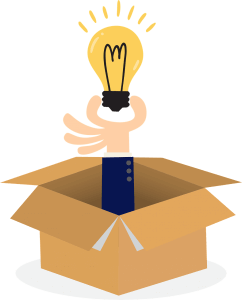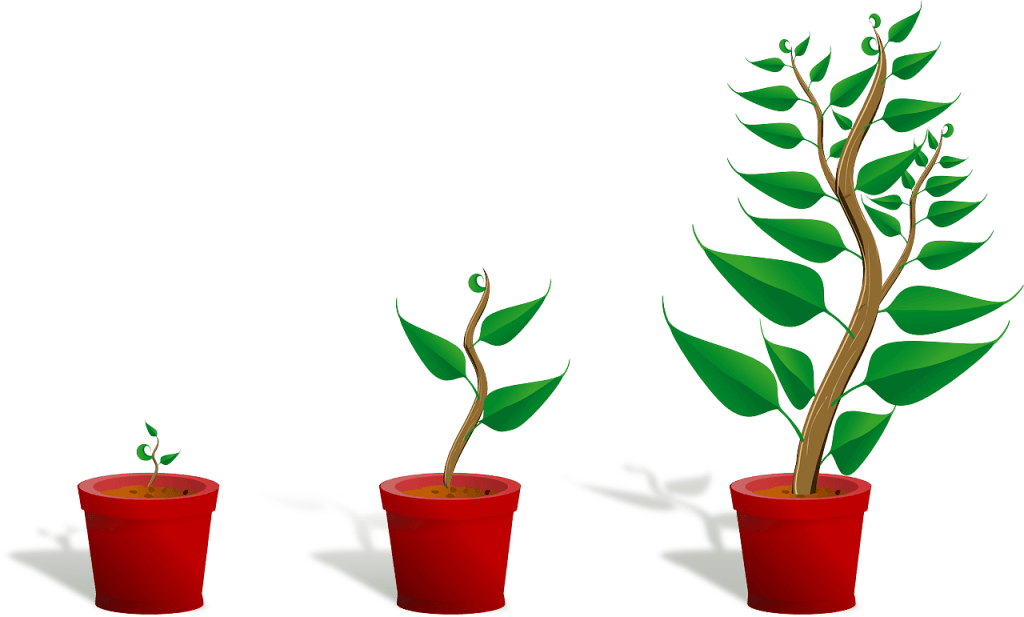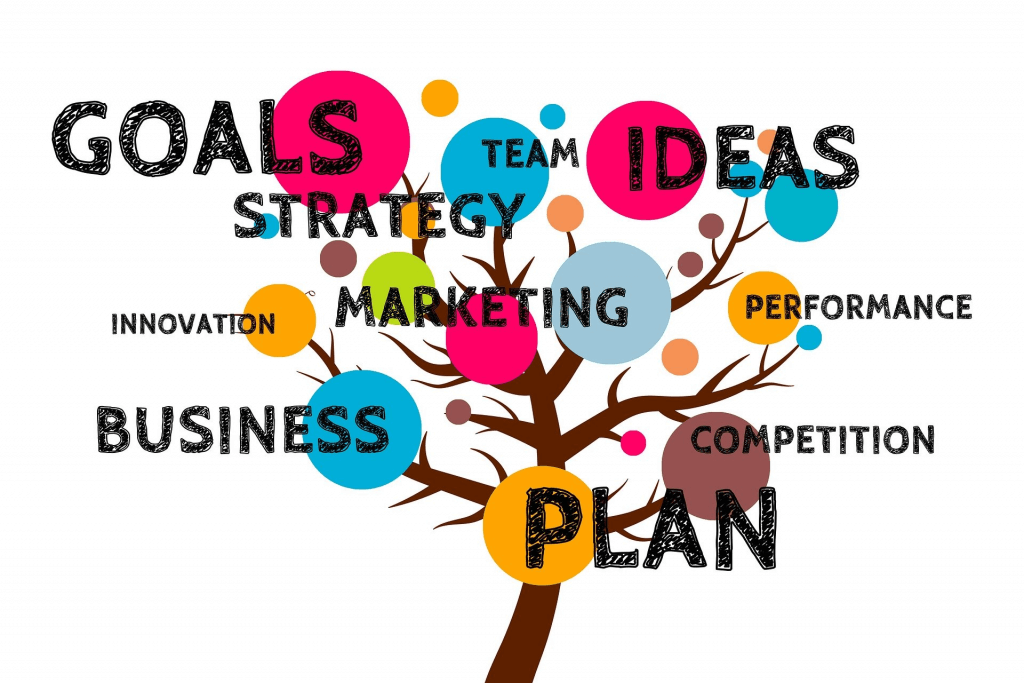WHAT IS DIGITAL MARKETING
Digital marketing encompasses all marketing efforts that use an electronic device over the internet. Types of digital marketing include SEO (search engine optimisation), PPC (pay per click), social media marketing, marketing automation, email marketing and that’s just to name a few.
So now let’s talk out about the stages of the business. From the moment someone makes the decision start their business, they have entered into the first stage. As a business grows and develops so should their aims, objectives, priorities and marketing strategies. That’s why an awareness of the stage a business is at is important to understanding how digital marketing can provide the best experience in solutions that makes sense for that organisation.
Outline of the stages of a business

Build – This is when a business is just getting started in developing a process and a strategy. It’s an early stage of goal setting, there is little or no marketing plan and the owner is researching their options.
Grow – A business foundation has been established. The business has begun marketing activities as part of our overall marketing plan. It is looking to improve and understand the ROI on their efforts.
Scale – These are established businesses looking to scale up. They repeatable and standardised marketing plans producing results already.
Now let’s break these up one by one.
THE BUILD STAGE

When a small business is just getting started and still developing the processes and strategies needed be successful. The business owner has goals in mind for the business but still need to determine the best way to reach those goals.
A business owner at the built stage may not yet have a marketing plan and may still be trying to decide on the best marketing options. Now why is this important? Because actions taken in the stage set the foundation for the business and can impact the successor failure of the company years down the road.
To define the persona of this stage, there are new businesses still working on development: Their product or service offerings are still being modified and they’ve limited online presence. They have no marketing plan or are just starting to develop one. They’re developing their brand and trying to build awareness. They have little or no customer base. Not surprisingly their challenges are to build that customer base, establish a market presence, manage costs and expenses and grow sales and grow revenue.
As we stated, businesses in the built stage need to establish their business and build an audience. To do this, most will need a website – which could initially be construct with a website builder (such as the one included in Constant Contact) – and drive visitors to it using paid advertising (PPC) and social media marketing. These in turn can be used to build prospect lists which can then be nurtured with email marketing.
Once a small business has their foundation established and has begun to implement marketing activities as part of a larger marketing plan, then they are ready to grow.
The Growth Stage

Efficiency is a priority in a small business at the growth stage. It is looking for ways to improve the effectiveness and return of their marketing efforts. This is important because building their infrastructure, as well as the foundations, will support the success of the business.
What does a business in the growth stage look like? Well, they generally have a clear plan of what they want to do for marketing and what those activities should deliver for their business. Typically, they have taken first steps in developing an online presence and are looking to optimise that presence of delivers consistent business results. They’re also looking to engage with existing customers and drive repeat business. Consistent new customer growth is a focus and a must for business sustainability.
Some challenges this group has is:
- managing their budget against ROI
- testing in the right mix of marketing activities
- understanding the results
- expanding their efforts while still managing the day-to-day activities of the organisation
- hiring to expand their employee base
Small businesses in the growth stage are going to want to start accelerating their marketing through nurturing and converting leads to customers, members, clients etc. The way they would do that is through email marketing, social marketing and integrations. Some features that Constant Contact has which would help do that templates, welcome email series, action blocks, scheduling, social ads, Google ads.
At this stage, approaches such as the use of landing pages, list segmentation tools, social media scheduling / monitoring and surveys are of great benefit. Constant Contact provides many of these tools.
When a small business is established, has a standardised repeatable marketing process in place and has seen successful growth from those efforts they are in a position scale their business.
THE SCALING STAGE

Scaling a business does not mean that growth stops. A small business in the scale stage may be looking to enter a different market or could be possibly looking to expand a business footprint. This stage is where businesses began to grow in see profits. Perhaps they are looking to expand into more locations or adopt an online option to support growth.
Businesses in this group:
- have implemented a successful marketing plan
- are looking to take that marketing success to the next level
- have built a strong online presence and reputation
- have established a stable customer base and is looking to use their base to scale into other opportunities
But keeping consistent new customer growth remains a focus and a must for business stability.
Challenges for this group are doing more advanced marketing that takes more expertise than they may have. Time-saving activities are key to allow them to focus on other areas of the business. Repeat and new customers from different sources are also very important and they are looking to scale up thei sales and revenue generation.
Businesses looking to scale generally want to refine their marketing. Their objectives are to optimise their plans to improve results. The ways to achieve that objective is reporting, testing and segmentation. In Constant Contact, we’re talking about campaign analytics, advert insights, A-B split testing and checking for errors.
ASSISTING SMALL BUSINESS DEVELOPMENT
Living Streams offers online marketing support through all stages of a company’s development. We offer lower tiered pricing for startups with 1-3 employees and no internal digital marketing expertise and developing businesses with a turnover of less than £1M p.a.
Our client businesses are assisted in terms of strategy, planning and action. They also benefit from a flexible mix of advice, mentoring and implementation which evolves as the client’s business develops.
Living Streams’ services and products include offerings ideal for the different stages in a business’ development – e.g. resiliant SEO, Google Ads, analytic insights, LinkedIn social prospecting, email marketing and marketing automation.
CREDIT
I thank Constant Contact for the ideas that helped me to generate this article. Living Streams has been a certified Constant Contact Partner for over 10 years. Their product continues to evolve and improve and I cannot recommend it highly enough.
RECOMMENDATION
Many small businesses rely on the free version of Mailchimp – I urge you to consider the relatively low monthly investment in Constant Contact to gain the advanced features that will help your business’ development.
Research Constant Contact now. Give it a try. Use it with or without Living Streams support.